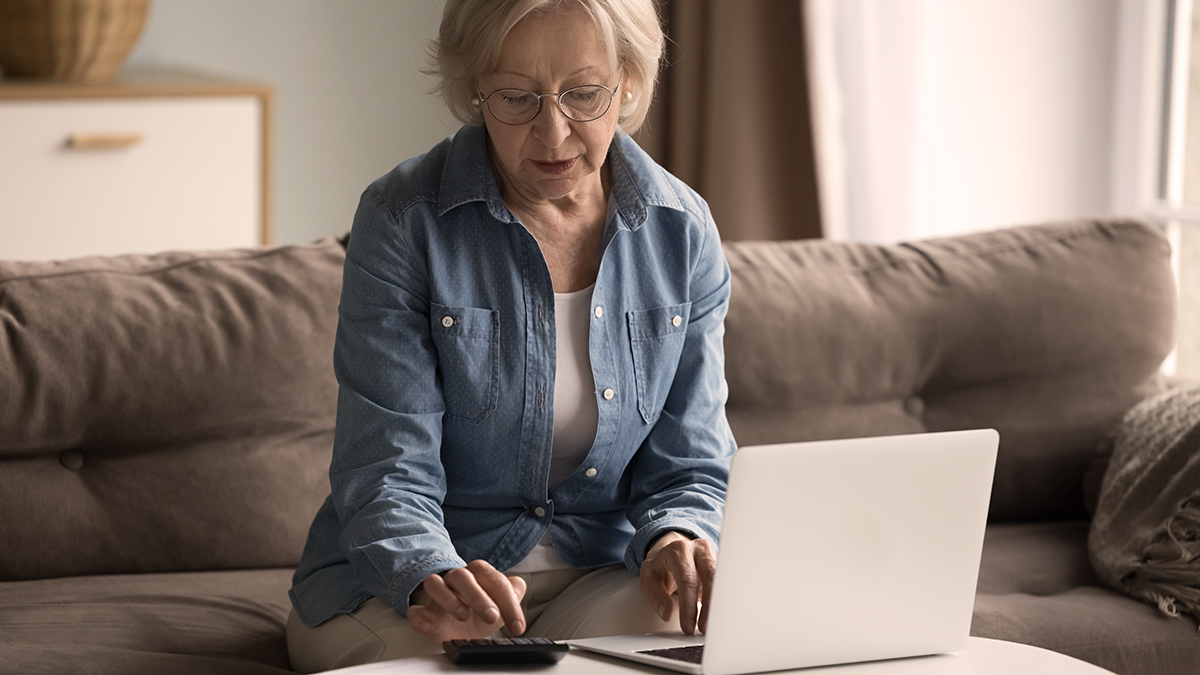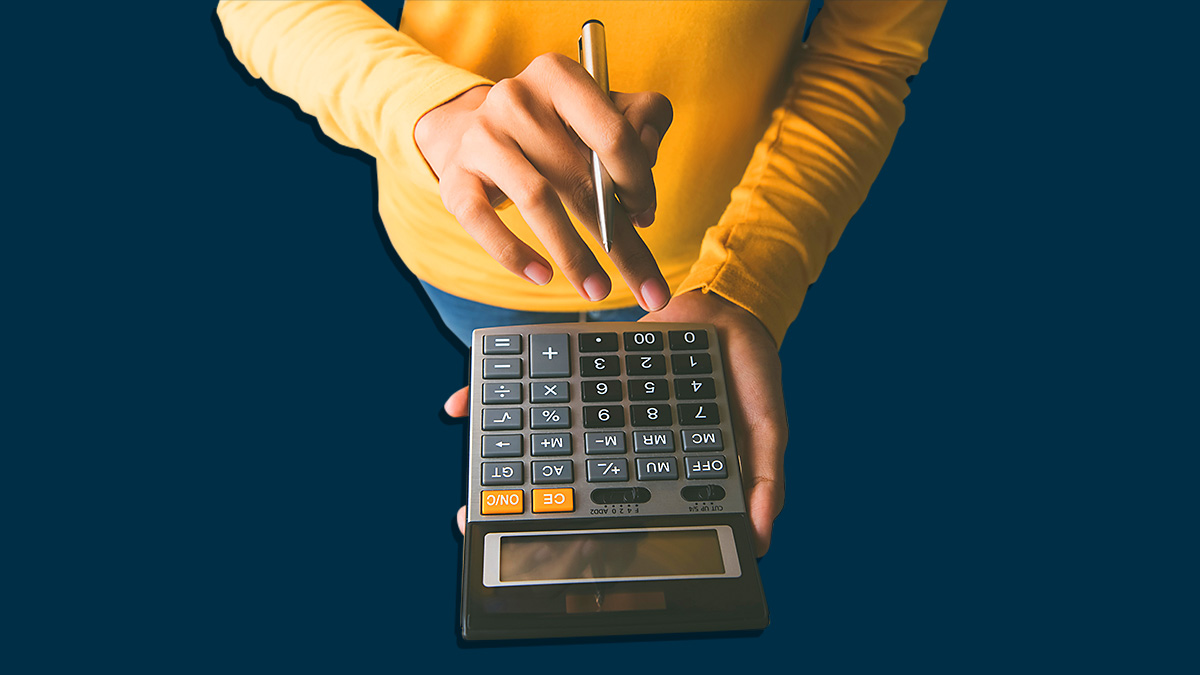Get our independent lab tests, expert reviews and honest advice.
Claire was underpaid super for years – and she’s not alone

Need to know
- Healthcare worker Claire is one of the many Australians who haven't been paid all the superannuation they're owed.
- Claire realised she'd been underpaid by about $17,000.
- Super Consumers Australia says making super payable alongside wages would help address this problem.
Claire Farquharson is passionate about working in health care, where she specialises in podiatry, a field of medicine that diagnoses and treats ailments of the ankle, foot and lower legs. She likes helping people, and working to get them back on their feet – sometimes literally.
Like many young people, she wasn’t particularly engaged with her super when she started working in the industry. She would see an amount designated for super on her payslip every fortnight and assumed all was well.
But looking at her super account one day, something didn’t add up. “All I could see were fees being taken out,” she recalls. “I was blown away, and it dawned on me that I wasn’t being paid my super correctly.” She had been underpaid some $17,000.
“I was confused and trying to piece together what happened,” she adds. “Then I was so angry this had been going on. I was pretty devastated.”
No clear answers
When she discovered her unpaid super, Claire talked to her former employer but they didn’t give her a clear answer on what had happened or offer to pay the money.
Claire followed up with the ATO. They said they’d been in touch with her former employer, but couldn’t give any information because of privacy laws. The frustration continued. Claire has since contacted the ATO multiple times about the issue, but they have not given any updates, nor has the former employer paid Claire any money it owed her.
Claire has contacted the ATO multiple times … but they have not given any updates, nor has the former employer paid Claire any money it owed her
She also took the matter to the Fair Work Ombudsman. She even consulted a lawyer about getting her super back, but the lawyer quoted a fee running to thousands of dollars to write a letter to either the ATO or the company that owes Claire money.
“It’s been challenging,” Claire says. “I don’t want to spend money to get my super, but I want them to pay it. Being a female, we’re already disadvantaged by being out of work if we decide to have children.”
The impact of unpaid super
For Australians like Claire who miss out on super, the impact goes beyond the initial money they don’t get. Because super is a long-term investment and accrues compound interest (interest on interest), someone being underpaid retires with much less than they should.
Because super is a long-term investment and accrues compound interest (interest on interest), someone being underpaid retires with much less than they should
Another potential problem is that someone not getting paid super may have their disability insurance turned off if the employer goes long enough without paying. This situation could mean the person is without cover if they become injured or ill and can no longer earn a living.
Changing the system
Earlier this year, the Australian National Audit Office reviewed the ATO’s effectiveness in collecting unpaid super. It found the ATO had only been partly effective in pursuing employers who fail to pay their staff and has collected less than 15% of unpaid super each year.
In 2021, the ATO estimated that the net super guarantee gap (the amount of unpaid super) was $2.5 billion.
In 2021 the ATO estimated that the amount of unpaid super was $2.5 billion
Minister for Financial Services Stephen Jones has promised the new government will set targets for the ATO to recover unpaid super. He also plans to give employees the ability to sue their employers to get their unpaid super.
Super Consumers Australia calls for super to be paid with wages
Legally, employers only have to pay super every three months. Super Consumers Australia policy manager Franco Morelli says forcing them to pay super alongside wages would also help address unpaid super.
“This would make it much easier to track unpaid super, which currently may not be detected until an employer becomes insolvent,” he says.
“The rule that employers don’t have to pay super with wages is outdated and needs to go. We need to be doing everything we can to make sure hard-working Australians like Claire are getting all the super they’re owed.”
“Employers have had more than enough chances to pay the super they owe, including an amnesty to make good on any unpaid super without penalty.” Further, Morelli says privacy laws should be reformed to help people recover their unpaid super.
It’s wage theft, and it’s illegal
Clair Farquharson, health care worker
An ATO spokesperson confirmed to Super Consumers Australia that it “cannot disclose information that relates to the general financial affairs of the employer due to our obligations of confidentiality under the law”. The Inspector General of Taxation has previously confirmed privacy laws may operate to prevent it and the ATO from disclosing relevant details of an employer’s tax affairs and that this “often leads to frustration for the employee”.
For her part, Claire continues to pursue every avenue she can to get her super back. She says her former employer should be fined for their actions.
“I’m obviously not the only person who hadn’t been getting paid super, and they keep getting away with it. It’s wage theft, and it’s illegal.”





